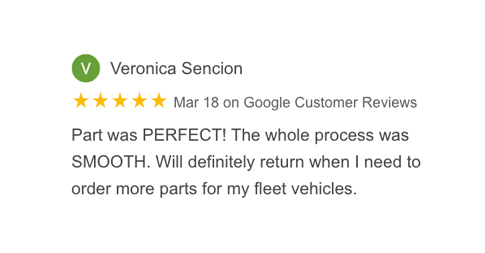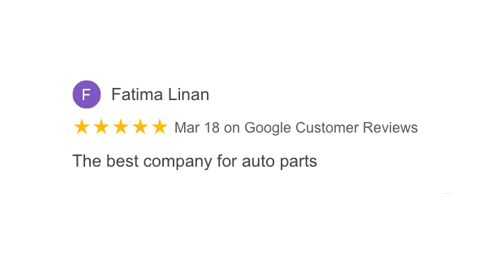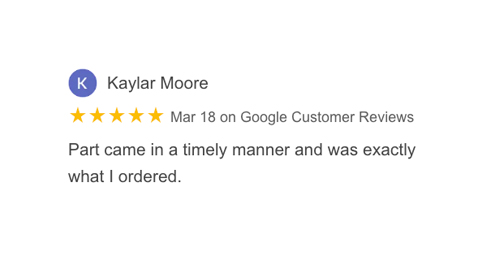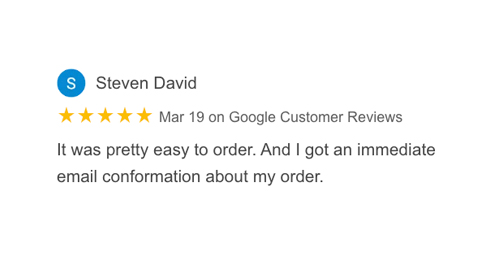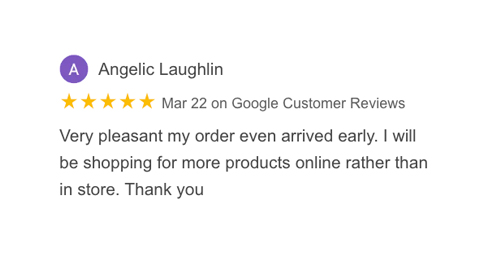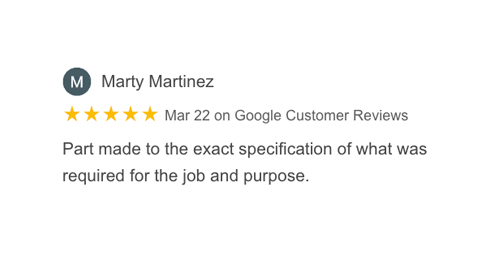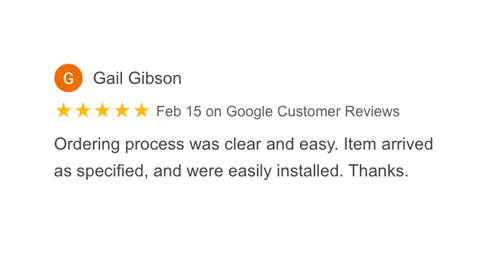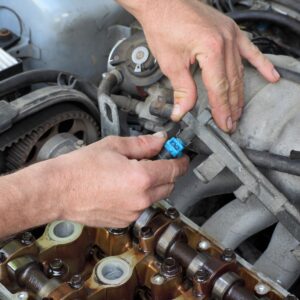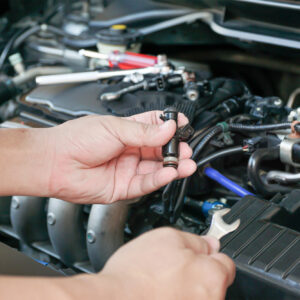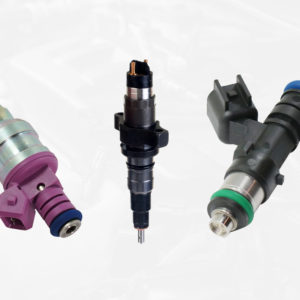There’s a lot of debate among mechanics and gearheads alike about fuel injector cleaners. Do they actually work? Depending on who you ask, you’ll get different answers. Some believe it’s not necessary at all, while others swear by it. Why not try it yourself and see what all the hype is about?
What Does Fuel Injector Cleaner Do?
Over time, fuel injectors can get clogged and fail to supply enough gas to the internal combustion engine. All that buildup can be hard to remove, and this is where fuel injector cleaners come in handy.
They remove carbon buildup and other debris from fuel injector passages, pintles, and orifices. Cleaning the outside of the injector is merely cosmetic.
The caveat is that if the injectors are clogged with rust, no injector cleaning chemical will even begin to unclog them. At best, you can take them off and tap them gently upside down on a piece of soft wood, then use some spray, compressed air, etc. to get that rust out of the injector the best you can. Some steel fuel rails will rust on the inside and cause a similar issue.
Carbon, olefin deposits, and varnish can be dissolved by injector cleaning chemicals.
How Does Fuel Injector Cleaner Work?
There are two types of fuel injector cleaners: dissolvents and detergents. Dissolvents break down carbon deposits and other debris in the fuel injectors, lines, and other parts, while detergents force carbon buildup to detach and then exit the fuel system.
Both types remove carbon deposits from the fuel injector nozzles and combustion chamber. This results in better fuel economy, a smoother driving experience, and less friction in the entire fuel system.
Should You Use a Fuel Injector Cleaner?
There are two reasons to use an injector cleaner: the first is if you know the injectors are clogged, the second is if you just want to be a belt-and-suspenders person and make yourself feel better because you did something you thought might help.
Dealer service departments love to upsell injector cleanings whether they’re needed or not, and usually they’ll bundle it with an “upper intake cleaning,” and they’ll charge quite a lot of money for those services if you’ll let them do the work.
How To Use Fuel Injector Cleaner
Here are some tips on how to use fuel injector cleaners when you’re not using a piece of equipment designed to clean the injectors. Incidentally, this involves shutting off the fuel pump and letting the machine or pressurized tank fill the fuel rail with injector cleaning chemical so that the engine runs on it until the chemical is gone.
Buy the Correct Fuel Injector Cleaner
Before you grab a random fuel injector cleaning kit from the shelf, be sure to do some research first. Some injector cleaning chemicals are better than others.
Take the Necessary Safety Precautions
Fuel injector cleaner contains toxic chemicals that can cause skin irritation, nausea, and vomiting when ingested, so do whatever you can to keep it off your skin and be careful not to ingest it.
In other words, wear protective gear like gloves and safety goggles. Keep your skin covered by wearing thick work clothes that cover your arms and legs. As much as possible, work in a clean, well-ventilated area, and avoid working under direct sunlight or around open flames.
Empty Your Fuel Tank
Most fuel injector cleaner brands recommend working on a nearly empty fuel tank. When the cleaner mixes with the remaining fuel, it creates a highly concentrated solution. This allows you to maximize the cleaner’s effectiveness without having to use more product.
Follow the Instructions
Different fuel injector cleaners will have different instructions, so check the label for the manufacturer’s specific instructions. In general, however, you usually pour the cleaner directly into the tank through the fuel filler neck.
Dispose of the Cleaner Properly
Don’t forget to dispose of any unused cleaner properly. Call nearby waste disposal sites or recycling centers and ask if they accept fuel injector cleaners. Until you can properly get rid of it, keep it in a sealed container out of reach from children and pets.
Top Off Your Fuel Tank
In order to effectively clean the fuel injectors, the cleaner typically has to mix with the fuel before it can pass through the injectors. Top off your fuel tank, and let your vehicle idle for a few minutes before driving again.
Drive Until You Empty the Tank
Take your time on the road until you use up all that fresh fuel. The cleaner can only work its way through the engine and remove carbon buildup from your injectors after you empty your gas tank.
Be aware of the potential issue with this approach, however. You might want to idle your engine until it runs out of fuel, but when the fuel pump starts pulling fuel foam instead of fuel, it can destroy the electric fuel pump. It has happened!
If you’re driving rather than letting the engine idle, fuel pump damage isn’t as much of an issue. Of course, you need to have a container of fuel with you to put in the tank or you’ll be walking home. And make sure when you run out of fuel that you stop on level ground.
How Often Should You Use Fuel Injector Cleaner?
It’ll depend on several factors, including your vehicle’s year, make, and model. In general, however, most people recommend using a fuel system cleaner every 3,000 miles.
Keep in mind that your driving habits, fuel quality, and your vehicle’s age can also affect how often you should clean your fuel injectors. For example, the fuel injectors of newer cars with advanced engine systems only need to be cleaned every 7,500 to 15,000 miles. Meanwhile, the fuel injectors of older vehicles need much more frequent cleanings.
Some recommend cleaning the injectors with every fresh tank of fuel, while others don’t recommend using injector cleaners at all. It ultimately depends on what you think is best for your own vehicle. If you aren’t sure, you can always ask a trusted mechanic for advice.
What Is the Best Fuel Injector Cleaner?
It’s no secret that some fuel injector cleaners are better than others, but the only person who can really decide that is you. Some cleaners are better at cleaning buildup, while others are specifically designed for maintenance purposes. To find the best fuel injector cleaner, you’ll have to inspect your car’s current condition, assess what it needs, and go from there.
Any information provided on this Website is for informational purposes only and is not intended to replace consultation with a professional mechanic. The accuracy and timeliness of the information may change from the time of publication.



